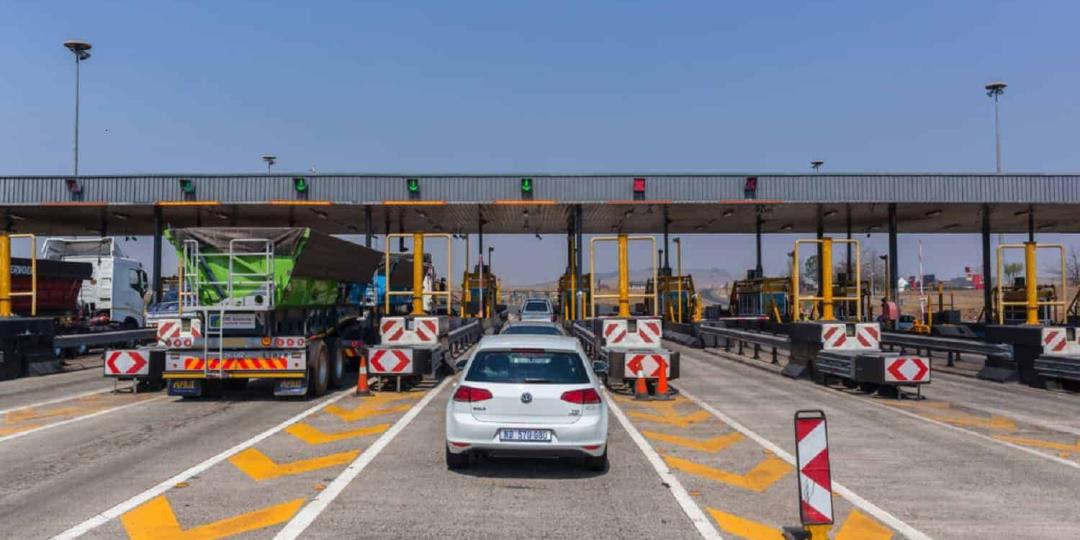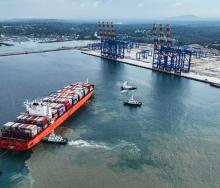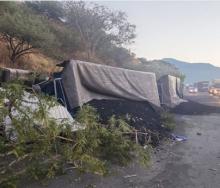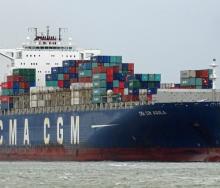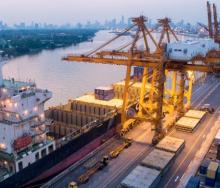The Pretoria High Court has ruled in favour of the Organisation Union Tax Abuse (Outa), compelling the SA National Roads Agency (Sanral) to file its heads of argument in response to a request for access to the N3TC toll concession contracts and all its financial records.
Outa executive director, Advocate Stefanie Fick, said that if Sanral failed to comply, the organisation would consider its legal options.
“Transparency is very important in a democratic society. In terms of our Constitution everyone has the right of access to information held by the state. Although this is not an absolute right, civil society has a right to know what Sanral is doing with South Africa’s toll revenue,” Fick said.
“Unfortunately, South Africa has too often seen the result of government and its entities operating behind closed doors. Transparency is even more important when there is a trust deficit and civil society can no longer trust the state to act in the best interests of its citizens.”
Outa legal project manager, Brendan Slade, said it had become routine for civil society to be obliged to resort to legal action to force the government to comply with court rules as it seeks to avoid accountability and transparency. The application to compel Sanral to file heads of argument in the main application was filed in June 2022.
“We are now in February 2023, meaning that Sanral had ample time to comply and file its heads of argument but it didn’t, which is why we proceeded with the application to compel. There is no valid reason for Sanral’s delay but it looks like Stalingrad tactics,” Slade said.
This behaviour encouraged a culture of contempt for the rule of law, he added.
“Government seems to regard court rules – and some legislation – as mere suggestions. Not only does this create an environment of distrust in government, but it also creates the false illusion that if government can get away with it, ordinary citizens could also try this."
“Whether non-compliance with court rules is due to malice, hidden agendas or simply ignorance is completely irrelevant in the greater scheme of things. The point is that court rules are not being adhered to and it sends out a very bad message to the public, signalling that the rule of law means little to government litigants. Not only is a culture of impunity created but also a culture of wasting taxpayers’ money. For every postponement, delay, filing of court papers, consultation and so on, someone has to foot the bill. In the case of government litigants, that someone is the taxpayer.”
The case revolves around Sanral’s refusal, supported by N3TC, to provide Outa with the records. Outa wants to see the records to find out how much profit N3TC is making off the contract, and filed a formal request through the Promotion of Access to Information Act in July 2019.
“For several years now, we have been writing to Sanral and the three major toll road concessionaires – N3TC, Bakwena and TRAC – asking for the information relating to these contracts, but to no avail. We have properly completed all requests in terms of the Promotion of Access to Information Act but we have had no joy, so we approached the courts to ask them to compel Sanral to provide us with the information,” Fick said.
N3TC manages the N3 toll road between Gauteng and KwaZulu-Natal. The toll tariff (from March 1, 2022) currently ranges from R13.50 to R296. The total trip from Johannesburg to Durban on the main line costs R286.50 for cars and R1 050.00 for heavy trucks.
In November 2021, the Pretoria High Court ordered Sanral to provide Outa with the full contract and financial records of the toll concession. However, instead of providing the records, Sanral filed a rescission application seeking to overturn the judgement.
